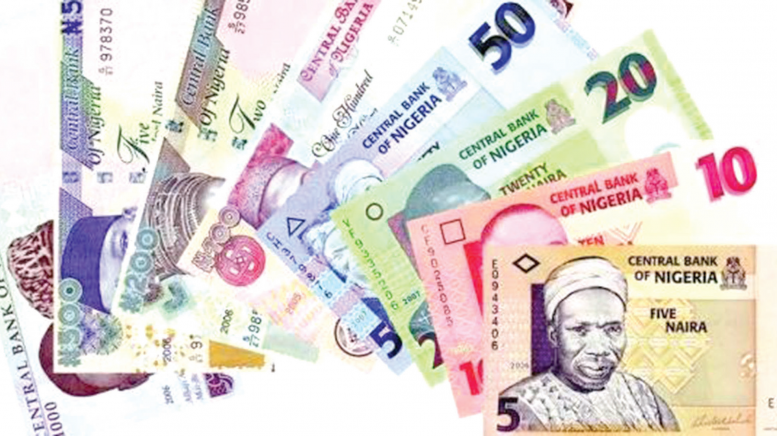The Fiscal Responsibility Commission (FRC), yesterday, disclosed that 32 Ministerial Departments and Agencies (MDAs), including the Nigeria Drug Law Enforcement Agency (NDLEA), Standard Organisation of Nigeria (SON), Bank of Industry (BoI) and Bank of Agriculture (BoA) are owing to the federal government over N1.2 trillion in revenues they generated but failed to remit to the federation account as required by law since 2016.
The agency’s Executive Chairman, Barr. Victor Muruako made the disclosure during a press briefing at the National Assembly (NASS).
He stated: “Sadly, many MDAs still persist in defaulting and practically keeping money away from the federal government’s reach for funding its budgets. Our records indicate that over N1.2 trillion is still in the hands of defaulting MDAs.
“These figures are confirmed from our analysis of the annual audited financial reports submitted to our commission by the concerned agencies. Much more is yet out there in the hands of MDAs that either has failed to dutifully audit their accounts or that have done so, but choose not to forward copies of their audited financial reports to the commission as required by law,” he added.
The defaulting agencies he listed are: Administrative Staff of College of Nigeria, Bank of Agriculture, Bank of Industry, Cement Technology Institute of Nigeria, Centre for Black African Arts and Civilization, Chad Basin National Park, Federal Radio Corporation of Nigeria, Gashaka Gumti National Park, Gurara Water Management Authority, Hadejia-Jama’are River Basin Development Authority, Integrated Water Resources Development Agency, Kainji Lake National Park.
National Broadcasting Commission, National Business and Technical Examination Board, National Council of Arts and Culture, National Drug Law Enforcement Agency, National Food Reserve Agency, National Lottery Trust Fund, National Space Research and Development Agency, National Sports Commission, National Steel Development Fund(now Solid Mineral Development Fund), National Theatre Iganmu, Lagos.
Others are; National Troupe, Iganmu, Lagos, Nigeria Agricultural Quarantine Service(NAQS), Nigeria Immigration Service, Nigeria Security and Civil Defence Corps (NSCDC), Nigeria Content Development and Monitoring Board(NCDMB), Nigeria Copyright Commission, Nigerian Copyrights Commission, Nigerian Railway Corporation, Standards Organisation of Nigeria, SON and Small and Medium Enterprises Development Agency of Nigeria.
The FRC also disclosed that “through the persistent and continuous engagement of MDAs by the Fiscal Responsibility Commission and especially with the support of the National Assembly, the federal government’s share of operating surplus since the establishment of the FRC to date is beyond N2.15 trillion which, by the way, could not have been possible without the Act and the Commission, given that there would have been no law, rule, regulation or institution requiring returns”.

 News3 weeks ago
News3 weeks ago
 Business3 weeks ago
Business3 weeks ago
 Technology3 weeks ago
Technology3 weeks ago
 Investment3 weeks ago
Investment3 weeks ago
 Banking Sector3 weeks ago
Banking Sector3 weeks ago
 Banking Sector3 weeks ago
Banking Sector3 weeks ago
 Appointments3 weeks ago
Appointments3 weeks ago
 Investment3 weeks ago
Investment3 weeks ago



















